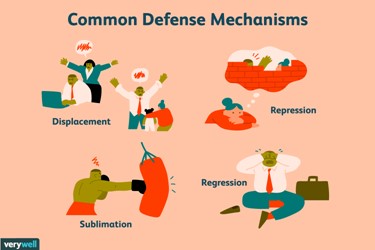A nurse caring for a client is preparing to access the client’s implanted medication port (Medi port). The client states, “Every time I have to have my port accessed, I get extremely anxious, and I have heart palpitations.” Which response by the nurse would be most appropriate for the assessment stage of crisis intervention?
“Let's talk to the doctor about getting something ordered before the procedure."
“That must be overwhelming considering how often we access the port."
"Do you think you will be able to control your anxiety in the future?'
“What have you done in the past to relieve or reduce your anxiety during the procedure?"
The Correct Answer is D
This response by the nurse would be most appropriate for the assessment stage of crisis intervention because it focuses on understanding the client’s past experiences and coping mechanisms. By asking the client about what has worked for them in the past, the nurse can help the client identify and use effective strategies to manage their anxiety during the procedure.
Nursing Test Bank
Naxlex Comprehensive Predictor Exams
Related Questions
Correct Answer is D
Explanation
Explanation: Manipulation involves using indirect, underhanded, or deceptive tactics to control or influence others. In this statement, the speaker is using a veiled threat to control the behavior of another person.
This is an example of manipulative behavior, and the nurse should recognize it as such.
Option A is an example of a statement seeking clarification, not manipulation. The sibling is asking a question about the behavior of the other sibling.
Option Ais an example of a statement aimed at understanding the other person's behavior, not manipulation.
Option Cis an example of taking responsibility for one's actions and setting boundaries, not manipulation
Correct Answer is A
Explanation
Displacement is a defense mechanism in which an individual redirects their negative feelings or impulses from an object or person that is causing discomfort to a substitute object or person that is less threatening. In this scenario, the client is experiencing negative emotions due to losing their job but instead of dealing with the situation directly, they have redirected their anger towards the car windshield by throwing a rock. This behavior is maladaptive because it does not resolve the root cause of the negative emotions and instead causes harm to others.
Sublimation is a defense mechanism in which an individual channels their negative impulses or energy into socially acceptable behaviors or activities. Repression involves pushing unwanted thoughts or memories into the unconscious mind. Denial involves refusing to acknowledge the reality of a situation. None of these defense mechanisms are applicable to the scenario described.

Whether you are a student looking to ace your exams or a practicing nurse seeking to enhance your expertise , our nursing education contents will empower you with the confidence and competence to make a difference in the lives of patients and become a respected leader in the healthcare field.
Visit Naxlex, invest in your future and unlock endless possibilities with our unparalleled nursing education contents today
Report Wrong Answer on the Current Question
Do you disagree with the answer? If yes, what is your expected answer? Explain.
Kindly be descriptive with the issue you are facing.
